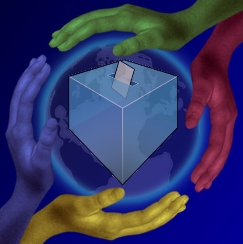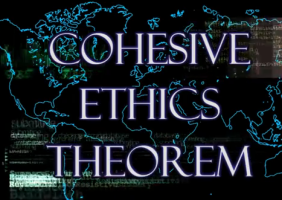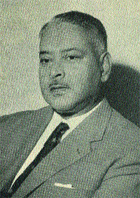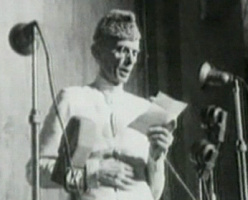 Completely by accident this morning I have seen a post at the Science Fiction & Political Thought blog that briefly reviews my novel. The blog’s name is pretty self-explanatory. Its author, Dadrocant, is interested in exploring the links between sci-fi and political thought. In his latest post, ‘Can Science Fiction help us redefine our political system?‘, he mentions Systems as an example of sci-fi that questions whether or not democracy really is the best possible political system. This passage from that post caught my attention:
Completely by accident this morning I have seen a post at the Science Fiction & Political Thought blog that briefly reviews my novel. The blog’s name is pretty self-explanatory. Its author, Dadrocant, is interested in exploring the links between sci-fi and political thought. In his latest post, ‘Can Science Fiction help us redefine our political system?‘, he mentions Systems as an example of sci-fi that questions whether or not democracy really is the best possible political system. This passage from that post caught my attention:
The center dilemma of this story lies in a social experiment simulation conducted 20 years before the events of the book, where several political systems are put to the test in a comparison, and even though there is no explanation as to what exactly the ideal system that is the center of the test [Libredux] is exactly like, it does hint at some interesting points, which can be seen today in some of the discourses from those who are discontented about the current state of affairs in western democracies …
That, of course, is the point Systems attempts to make. There is no such thing as a fixed ideal system. The distinguishing characteristic of an ideal system is that it is never fixed. That’s why you won’t find a blueprint for the Libredux model in Systems. And for any Pakistanis reading this post, this should be big clue as to why Iqbal also never offered any sort of blueprint for an ideal political system, and why even that epitome of pragmatism, Mr Jinnah, was supposedly ‘vague’ about what Pakistan’s system would be like. 😉
So, does Systems question democracy? Yes, it questions the modern democratic state – just as it questions all fixed ideologies – but not democracy in principle, which is based on both the ideals of liberty and justice. In fact, I always assumed that the Libredux model would likely be set up as some sort of democracy and evolve from there, in line with what I have said in SJ2 about ideal systems being able to develop by using any contemporary polity as a starting point. To reiterate: A ‘Libredux’ system would be one that theoretically takes the shape of almost any system, as long as it was fit to survive in the conditions of its time, and it retained its ideals (as per the theorem). Like a living organism, its body or structure can take any shape but its ethical DNA remains ultimately the same. I wrote this in an earlier draft of the manuscript for Systems – in its long-winded synopsis, actually – but it never made it into the final version of the novel. I didn’t want too much technical stuff to get in the way of the story.
The whole post on sci-fi as a medium for exploring future political systems can be found here.









